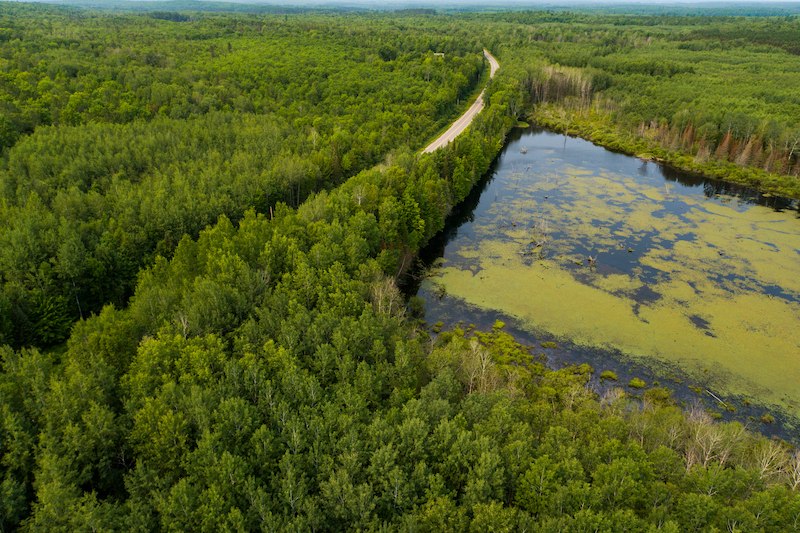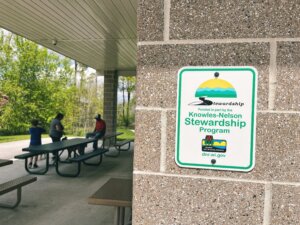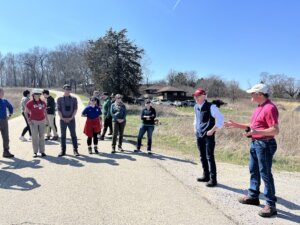Oneida County is in the process of updating its comprehensive plan, a document that provides the basis for local land use decisions. Wisconsin Examiner reported that several of the county board members who opposed the Pelican River Forest project are now actively working to make Oneida County’s land use policies less conservation friendly.
Wisconsin’s largest conservation effort, the protection of the Pelican River Forest, encountered local opposition by Oneida County representatives, despite widespread public support for the project. After Knowles-Nelson Stewardship Program funding was denied, Governor Evers turned to federal sources to support the project. Oneida County leaders, however, persisted in their objection. They claimed that using federal funds for conservation required local “coordination” – an argument based on a discredited legal theory promoted by the American Stewards of Liberty (ASL), a right wing, anti-conservation group. ASL’s founder and U.S. Rep. Tom Tiffany collaborated with local officials to fight against the project’s federal funding.
Now, as Oneida County officials work through updating their comprehensive plan, they appear to be making changes that depart from previous policies recognizing the importance of conserving the area’s land and water. The 2013 comprehensive plan had a goal to “conserve and enhance large tract woodlands and County Forests” and minimize converting woodlands to other uses. In contrast, the new plan aims to “promote areas for future development by using existing Managed Forest Law lands in private ownership to increase the tax base.” The Managed Forest Law program allows landowners to reduce property taxes by agreeing to sustainable forestry practices.
Charles Carlin, director of strategic initiatives for Gathering Waters: Wisconsin’s Alliance for Land Trusts, believes these changes don’t align with the wishes of Oneida County residents. He noted that the Oneida County tourism council recently named the Pelican River Forest the newest “gem” of the Northwoods, highlighting the disconnect between the proposed policy changes and the forest’s recognized value to the community.
“Wisconsin is the proud home of conservation champions across the political spectrum who know how caring for our land and water increases economic opportunity while ensuring that our kids and grandkids have clean air and water as well as wild places to play,” said Carlin in the Wisconsin Examiner article.
These shifts in land use policy could have significant implications for future conservation efforts and economic development in Oneida County, potentially altering the balance between environmental protection and resource utilization.
Featured image by Jay Brittain/The Conservation Fund.










